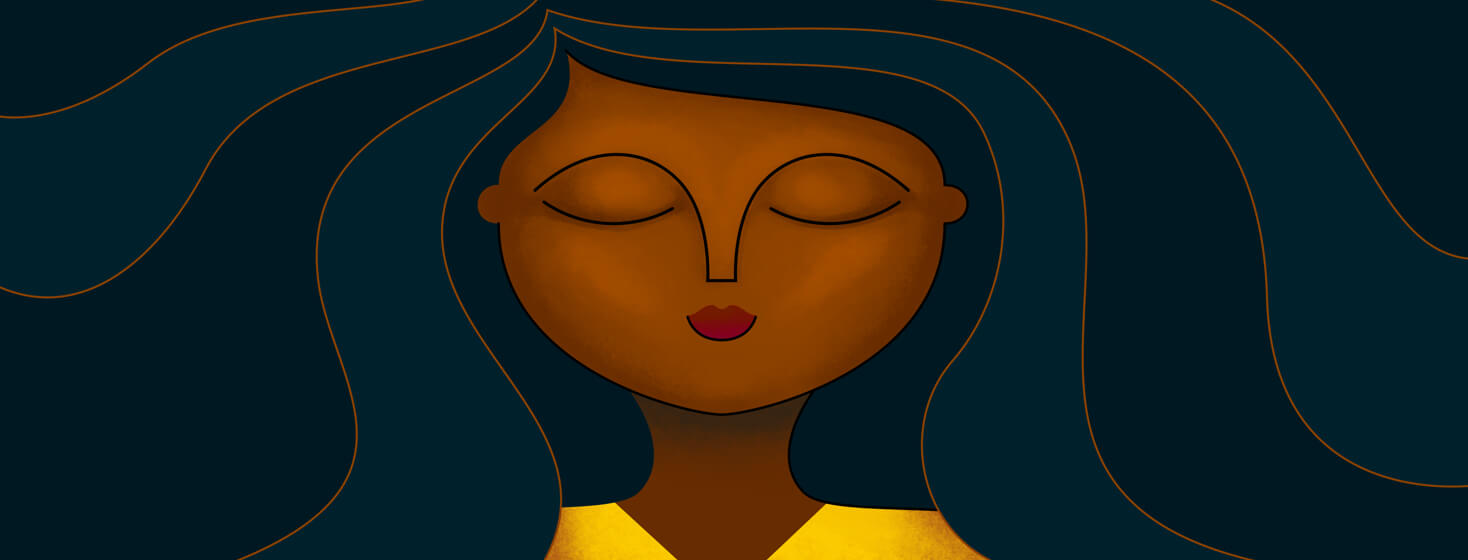What Does Acceptance Mean?
I bang on a bit about accepting the fact I have severe insomnia and restless legs syndrome (RLS). But what does acceptance actually mean? I’ll tell you what it’s not.
- It’s not giving up on finding solutions.
- It’s not practising a shut up and ship out mentality.
- It’s not invalidating emotions.
- It’s not pretending insomnia doesn’t exist.
What is acceptance?
Acceptance is a psychological tool that acknowledges the reality of a situation without necessarily liking, supporting, or agreeing with it.
When it comes to not being able to sleep, acceptance has changed the stress and anxiety that surrounded me whenever I thought about how sleep-deprived I felt. Acceptance means I no longer lie in bed fighting the wakefulness that descends upon me.
Instead, I might lie there being peaceful, letting as much rest as my body will allow to wash over me – even when I’m wide awake.
Getting to where I am today
It has taken me a long, long time to get to this peaceful place. And I will admit it is easier to accept insomnia when it is no longer chronic. After my mental health breakdown, the first thing the doctors treated was my insomnia. But I also participated in large volumes of therapy – specifically dialectical behaviour therapy (DBT), and it was there that I learned the principle of radical acceptance.
Radical acceptance
I was definitely not a quick learner in this regard. It has taken years of practice and willingness to reach a point of acceptance. And I confess, I’m not always accepting of situations. But in general, I have found a lot of peace by no longer fighting the things I cannot control.
Radical acceptance means fully accepting our reality and letting go of the bitterness. It refers to realizing that fighting what is already happening just leads to more pain.1
It sounds great on paper, don’t you think? Like many things, trying to change mindset takes practice. Lots and lots of practice.
Recognizing what is in our control
There are things in life we can control – words, actions, decisions. There are things in life we cannot control – weather, traffic, insomnia. Learning to differentiate between what we can and cannot change is a skill that we can all benefit from. Learning to let go of the uncontrollable situations creates more peace.
This doesn’t mean giving up. Problem-solving is also a DBT tool – a very valuable one.2 Rather than stressing endlessly about something, we’re encouraged to try and figure out a solution or a workaround.
When it comes to sleep, the most obvious starting point is good sleep hygiene — followed by speaking with health professionals and even canvassing communities of insomniacs to see what works for other people. There are weird and wonderful treatments that have helped others. You never know what might work for you.
Finding mental peace
But while you’re experimenting with lettuce, lavender, and banana tea, finding mental peace can be found by turning the frantic panic that comes when facing another sleepless night into a calm acceptance of the inevitable. After applying all the best sleep practices in our insomnia toolkit, we can set to changing mindset.
Instead of bemoaning the exhaustion and how unfair it is, we can focus on relaxation exercises. Engage in soothing techniques that work for you. Do meditation and mindfulness. Practice some paced breathing and paired relaxation. Mentally search for peaceful memories or daydream a few happy scenarios.
A worthwhile place to start
Does it all sound a bit weird and wonderful and airy-fairy? Possibly. But what do we have to lose? Insomnia is not just something that is “in our heads.” Despite what my grandmother may have thought. But “in our heads” is where we can start to find some peace with the things that are completely beyond our control. Including the innate ability to sleep.
Will acceptance change the amount of sleep you actually get? Probably not. But it will set you up for more peace and harmony in your life, and if there’s one thing I personally enjoy, it’s peace and harmony.

Join the conversation